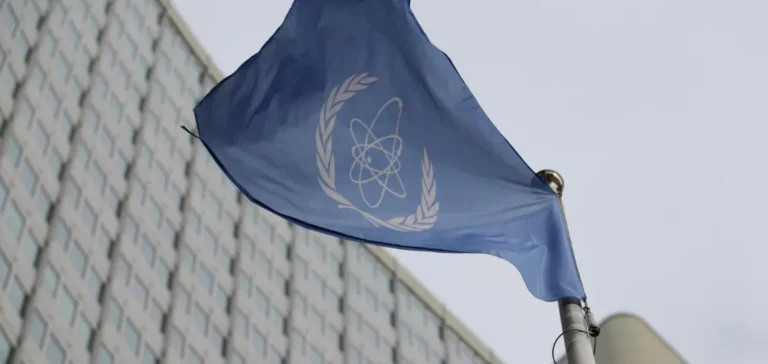Iran has announced that a technical delegation from the International Atomic Energy Agency (IAEA) will soon be received in Tehran to discuss the terms of their cooperation, while still denying access to national nuclear sites. This decision comes amid heightened tension, following the suspension of Iranian cooperation with the United Nations agency after strikes attributed to foreign actors.
European pressure and sanction threats
According to Iranian Deputy Foreign Minister Kazem Gharibabadi, the planned visit aims to review the “new modalities” of relations with the IAEA, as the Iranian parliament has voted to suspend oversight agreements with the agency. The discussions are taking place as France, the United Kingdom and Germany accuse Tehran of failing to meet its obligations under the 2015 nuclear agreement, known as the Joint Comprehensive Plan of Action (JCPOA). These countries have threatened to reimpose sanctions if Iran does not return to a higher level of cooperation.
Mr Gharibabadi clarified that the delegation will discuss exclusively the future relationship between Iran and the IAEA, without carrying out any site inspections. He also stressed Tehran’s preference for a diplomatic solution, while warning of possible retaliatory measures if European sanctions are restored.
International negotiations stalled
Talks are scheduled to take place in Istanbul between Tehran and French, British and German representatives to clarify each party’s intentions. The discussions follow the cancellation of a round of direct negotiations between Iran and the United States, initially planned in Oman, which could not be held after strikes targeting Iranian nuclear installations.
The Iranian deputy minister stated that Tehran favours a resumption of discussions with Washington within a framework guaranteeing the absence of military action, while insisting on the bilateral nature of any commitment. Iran considers that the resumption of negotiations with the United States should only take place when both parties are ready to seek concrete results, excluding any external pressure or ultimatum.
Strategic stakes for regional security
The future of relations between Iran, the IAEA and Western powers remains uncertain. According to Kazem Gharibabadi, negotiations must be based on reciprocity, allowing each party to obtain tangible guarantees. He recalled that Tehran is willing to engage in direct dialogue if security conditions are met and if the United States renounces any military threat.
Iran’s position on cooperation with the international agency is part of an increasingly complex diplomatic context, amid international pressure linked to nuclear issues and regional security.






















